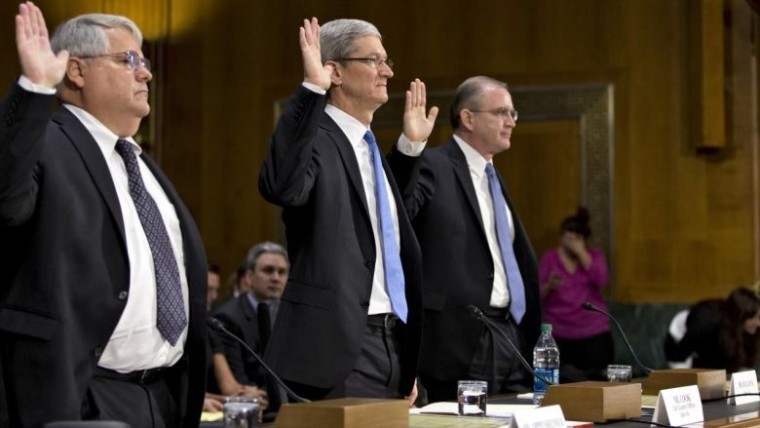
If you're a fan of personal privacy with your mobile gadgets, Apple's recent refusal to cooperate with the FBI over creating a backdoor to iOS that would unlock the San Bernardino shooter's iPhone would come as a small victory in keeping the government out of your daily life as much as possible. As news came out regarding Apple's stance, it would seem that the company proved corporations are capable of resisting government pressure, or are they?
Only a short couple of days after news broke about Apple refusing to cooperate with the FBI, details from U.S. government officials are coming to light that suggest that this was the first time Apple said "no" to unlocking an Apple device in the name of justice. As the claims suggest, Apple complied with as many as seventy requests between 2008 and 2015 that lead to mounting evidence against wrong-doers like child pornographers and child sex abusers. Apple hasn't denied the legitimacy of this claim, only that seventy instances is not the exact number.
Up through the use of iOS 7, Apple always had a backdoor built into iOS that would allow for the extraction of data from a device when plugged into a computer if needed. This would only occur in the event a warrant was issued for the capture of that information from that specific device, which falls under the All Writs Act - a statute created under the U.S. Judiciary Act of 1789, which grants a U.S. court to obtain all data "necessary or appropriate in aid of their respective jurisdictions and agreeable to the usages and principles of law".
It wasn't until a device was updated to iOS 8 that the automatic copying of data from a customer's device was made more difficult, since iOS 8 requires an unlock passcode to be entered before data extraction could occur. This prevented Apple's hand from being forced toward compliance.
With so many approvals to extract data from potentially-guilty defendants, one has to wonder why Apple choose the San Bernardino case as the instance to refuse the U.S. government? There's no clear answer to that question at this time, but perhaps this is Apple turning over a new leaf.
Source: NY Daily News
















158 Comments - Add comment